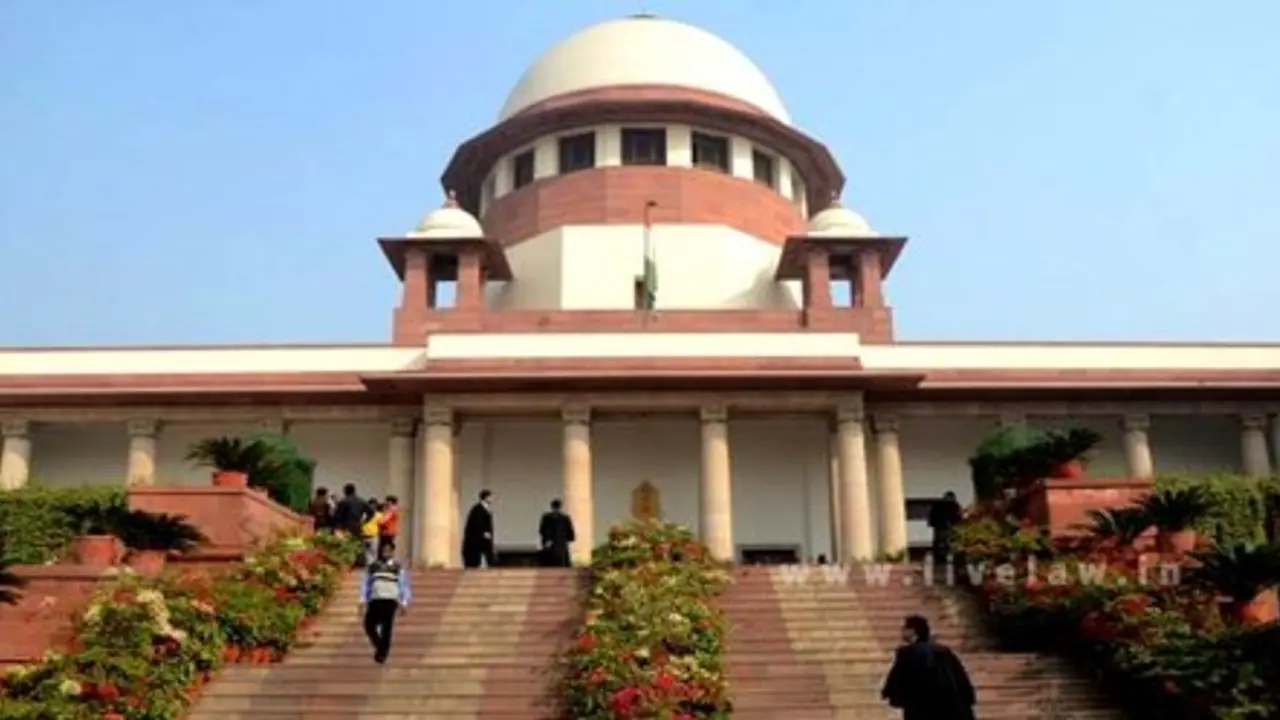The five activists -- Varavara Rao, Arun Ferreira, Vernon Gonsalves, Sudha Bharadwaj and Gautam Navlakha-- are under arrest at their respective homes since August 29
New Delhi: The Supreme Court will on Friday decide on the legality of the raids and arrests of five activists on August 28 in the Bhima-Koregaon violence case
The three-judge Bench, comprising Chief Justice of India Dipak, Justices A.M. Khanwilkar and D.Y. Chandrachud, had sought a full report of the case to examine how an investigation into a riots case in Bhima-Koregaon had spiralled into a conspiracy to assassinate a “sovereign head” and wreck “mass-destruction”, as the police had claimed.
The five activists -- Varavara Rao, Arun Ferreira, Vernon Gonsalves, Sudha Bharadwaj and Gautam Navlakha-- are under arrest at their respective homes since August 29.
The history
Bhima Koregaon is in Pune district of Maharashtra draws importance as on January 1, 1818, a few hundred Mahar soldiers of the East India Company, led by the British, defeated the massive Peshwa army, led by Peshwa Bajirao II, in Koregaon. This battle has, since, attained legendary stature in Dalit history.
The Dalits who follow BR Ambedkar do not view this as only a debate between nationalism versus imperialism but a battle which was seen as a victory of Mahars against Brahminical Peshwas.
January 2018
On January 1 every year, the Ambedkarite Dalits gather at Bhima Koregaon pay their respect at the Vijay Sthamb (victory pillar). The pillar was erected by the East India Company in memory of those who fought the battle.
This year, was the 200th year of the “victory of Mahars over the Brahmanical Peshwas”. During the celebrations this year, there were violent clashes between Dalit and Maratha groups, resulting in the death of at least one person and injuries to several others.
Protesters also blocked traffic on the Pune expessway and rail tracks. Chief Minister Devendra Fadnavis ordered a probe and warned that there is no place for casteist violence in Maharashtra which is a progressive state.
The case in the court
A plea was filed by Romila Thapar, economists Prabhat Patnaik and Devaki Jain, sociology professor Satish Deshpande and human rights lawyer Maja Daruwala into the arrests and the immediate release of the activists.
The court, on its part, had said it would look into whether the police action was based on material evidence. It had said the entire case against the activists may even be quashed if the evidence relied on by the Maharashtra government was found to be “cooked-up”.
At one point, the Chief Justice had suggested that they (accused) could continue their efforts in the competent lower courts. The Chief Justice even mooted transferring the pending cases against the activists to one court while continuing with their house arrests.
But senior advocate A.M. Singhvi, for petitioner Thapar and four others, had persisted that the apex court should first hear them.
The hearing had also seen the Centre step in and voice its apprehensions about the problem of “naxalism” which has gripped the country.
